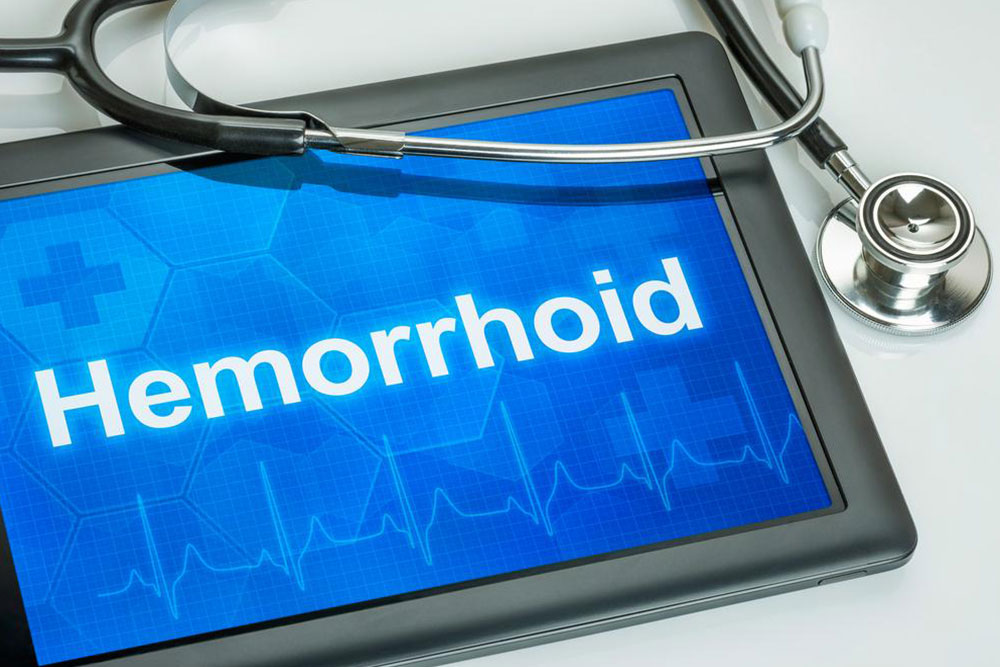Understanding Hemorrhoids: Causes and Risk Factors
Hemorrhoids are swollen blood vessels in the anus and rectum, often caused by low-fiber diets, obesity, chronic constipation, and other factors. They affect adults aged 45-65, leading to discomfort, pain, and bleeding. Understanding the causes can help in prevention and management. Factors like pregnancy, prolonged sitting, and genetic predisposition increase risk. Maintaining a high-fiber diet and avoiding prolonged strain can reduce symptoms and improve quality of life.
Sponsored

Hemorrhoids are swollen blood vessels located in the anal and lower rectal area. The rectum is the final segment of the large intestine, and the anus is the opening through which stool exits. Often called piles, hemorrhoids are classified as either inside the rectum (internal) or around the anus (external). Internal hemorrhoids are usually painless and unnoticed unless very enlarged, while external hemorrhoids can cause itching, pain, and bleeding during bowel movements.
Many mistake hemorrhoids for a disease; they are actually normal blood vessels that help regulate bowel movements. Hemorrhoids become problematic when they swell excessively or bleed. They affect both men and women, primarily between ages 45 and 65.
The root cause of hemorrhoids is usually a diet low in fiber. Such a diet leads to constipation and hard stools, which irritate swollen veins during bowel movements, sometimes causing bleeding. Several factors increase the risk of developing hemorrhoids, including obesity, prolonged sitting on the toilet, chronic diarrhea or constipation, and physical strain.
Obesity increases pressure on anal veins, leading to swelling. Spending extended periods on the toilet or straining during bowel movements can cause irritation. Pregnancy raises the risk due to increased blood flow and pressure, often accompanied by constipation. Activities involving heavy lifting, long standing or sitting, and pushing during bowel movements also elevate the risk. Genetics can play a role, with some individuals predisposed to hemorrhoids. Spinal injuries, colon cancer, and previous rectal surgeries can also contribute to the condition.






